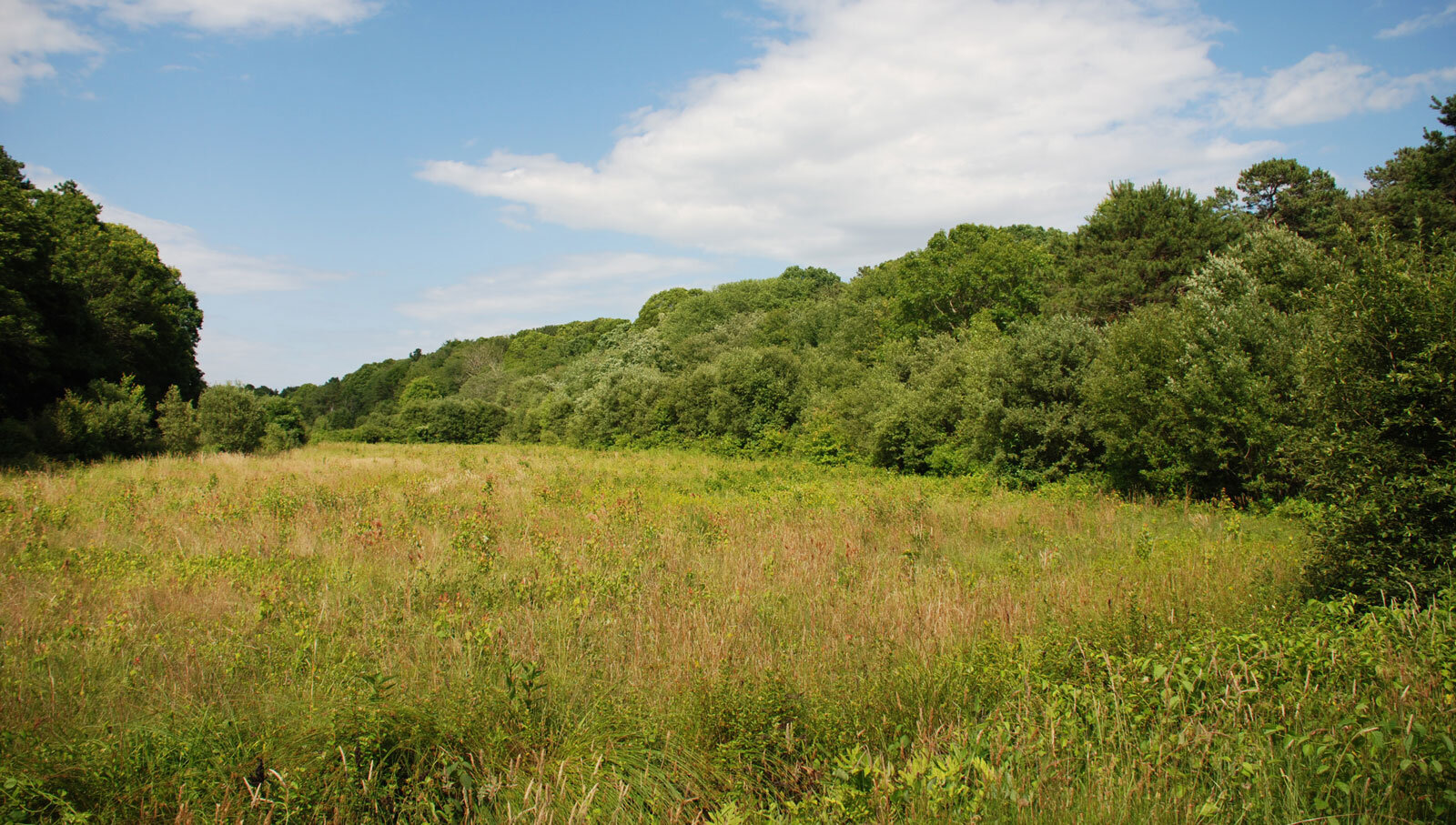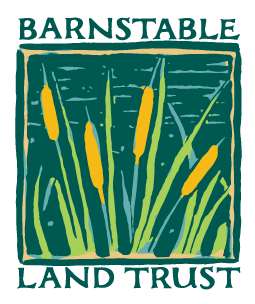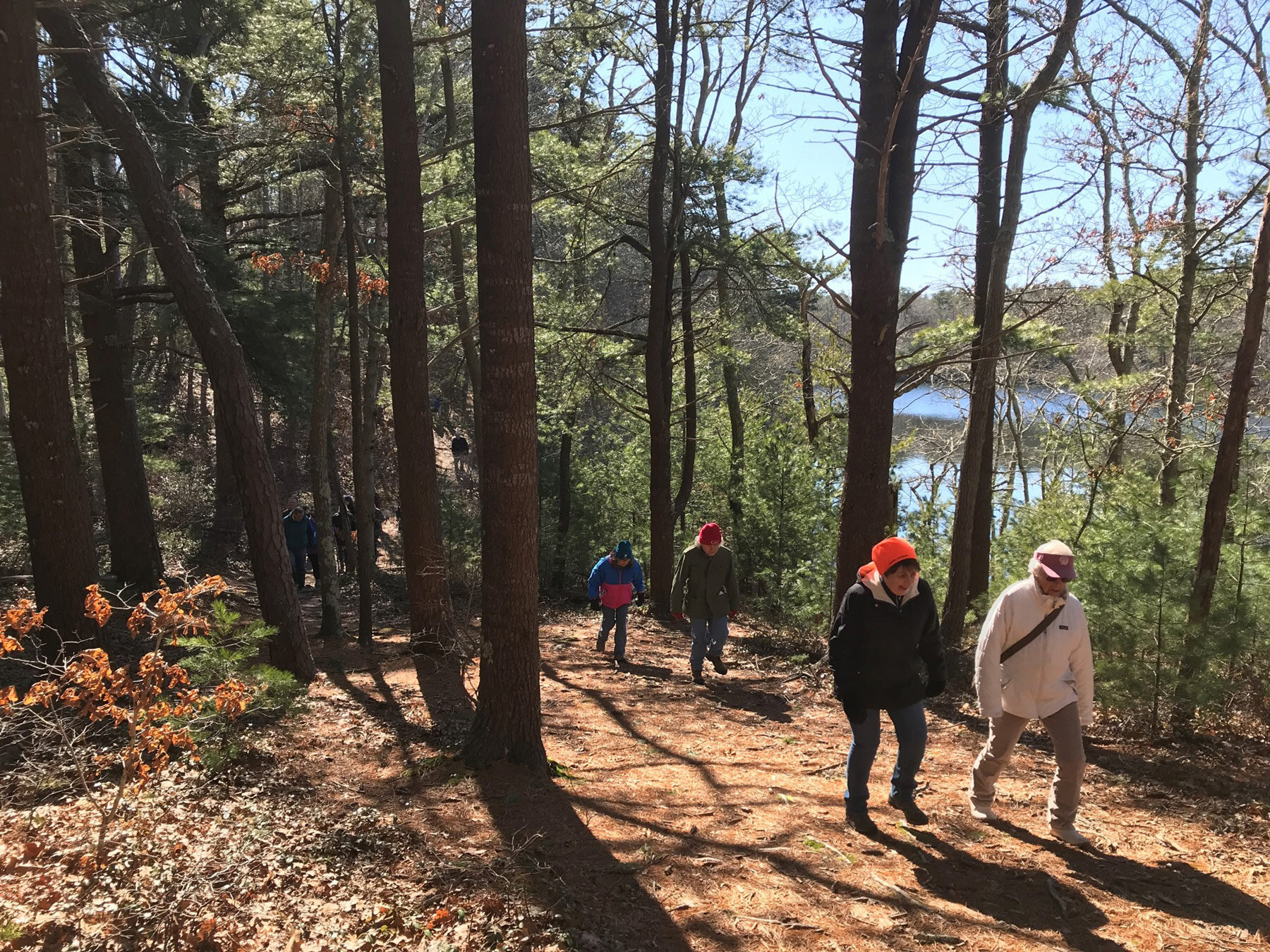
Why Conserve Land
Conserving land is important for a number of reasons, ranging from the health of our families and water quality, to community character and the economy.
Open space protects our natural resources
Water quality protection, flood control, air pollution removal
Stormwater management
Plant and animal habitat
Scenic beauty
Woods and water recreation
Community character
Open space protects Water Quality
Cape Cod is a sole source aquifer. Our drinking water comes solely from rainwater that filters through our sandy soils into the aquifer below. Our kettle-hole ponds are expressions of the groundwater, which provides the fresh water necessary to help keep our coastal waters free of pollution. But our ponds and estuaries are in peril from an overload of nitrogen and phosphorous, which cause algae blooms that threaten the viability of the water resources.
Preserving land is one of the most important things we can do on Cape Cod to protect our drinking water, and our bays and estuaries.
Open Space Promotes Healthy Lifestyles and Public Health
Time in nature supports:
Stress relief/mental health
Short-term memory
Better school performance
Immune system
Concentration
Children’s health: improved eyesight and healthy weight
Kids today spend an average of 7 minutes in unstructured play outdoors, and 5-8 hours in front of a digital screens each day. On average, 20% of children are obese.
Open Space Supports the Economy
For every $1 invested in land conservation, it returns $4 in economic value in natural goods and services. At least 61% of residents participate in outdoor recreation each year, generating $10 billion in consumer spending! Plus open space attracts business investment, as a good environment improves quality of life and attracts business.
Further, open space improves property values. Properties near open space are valued more highly than those further away, increasing tax revenues by 10-22%. Open space also reduces the tax burden on residents because the cost of delivering services and infrastructure to open space is much lower than to a residentially developed area.
Sources: Trust for Public Land, Cape Cod Commission, American Farmland Trust, Cape Cod Chamber of Commerce





